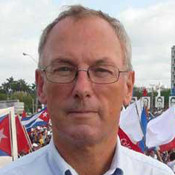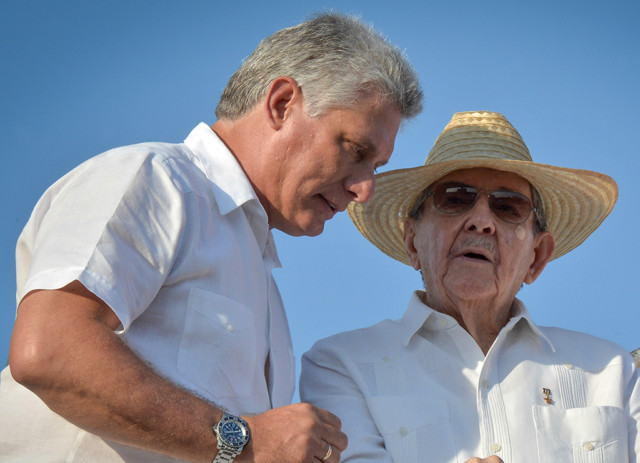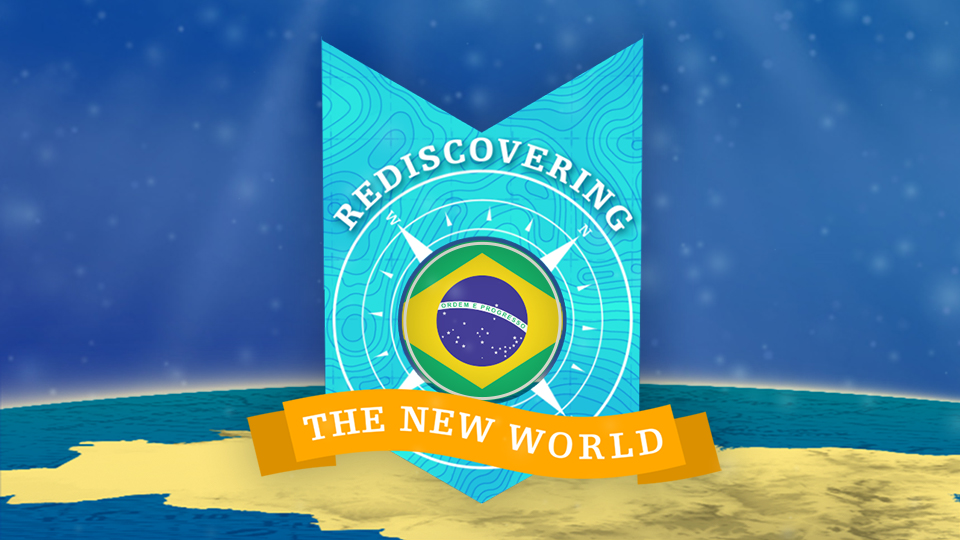Cuba has named 57-year-old Miguel Diaz-Canel to replace Raul Castro as the president of Cuba. For the first time in almost 60 years, Cuba’s head of state will not be one of the Castro brothers.
CGTN’s Michael Voss reports from Havana.
Raul Castro swapped his general’s uniform for a smart business suit for what will be his final day as head of state. Arriving beside him for the opening session of the new National Assembly was Miguel Diaz-Canel, the man nominated to replace him.
The position of president along with 30 other members of the inner cabinet—the Council of State—must be ratified by a secret ballot of the 605 deputies who make up the National Assembly.
The result will be announced on Thursday morning. No one has ever voted against in the past.
“I think if he’s young, his ideas may be new, but in tune with the revolution,” one Cuban resident Pavel Romero who works as a photographer said. “That’s the way I’d like it to be, I don’t want the country going capitalist. In a capitalist country you have to pay for everything, for electricity, for water, even if you get ill.”
VOX POP: Cuba after the Castros
CGTN’s Michael Voss spoke to everyday Cubans about their feelings about the new leadership and the direction of the country moving forward.
This marks a significant generational change. Cuba’s former leader Fidel Castro ruled the island for almost 50 years. He stepped down due to ill health passing the presidency onto his younger brother Raul Castro.
Now, for the first time, Cuba has a head of state who is not a Castro.
57-year-old Miguel Diaz-Canel is an electrical engineer by training, who rose through the ranks of the communist party including as provincial head of his home state Villa Clara. He is seen by some as a liberal, supporting gay rights, greater internet access and a more open press. But privately he has taken a much harder line on those who criticize the government.
Diaz-Canel is the first Cuban leader who is not part of the ‘historic generation,’ who fought in the Cuban revolution in 1959. He doesn’t have the same legitimacy and authority of the Castro’s.
He now faces the daunting task of how to turn Cuba’s struggling economy around and whether to push forward the island’s stalled market reforms.
More on the Cuba transition of power:
 CGTN America
CGTN America
 In this file picture taken on May 1, 2016 Cuban President Raul Castro (R) and First Vice-President Miguel Diaz Canel attend the May Day parade at Revolution Square in Havana.
The 57-year-old First Vice President is the pre-ordained choice of Raul Castro as he steps down on April 19, 2018, ensuring that the vote in the National Assembly to appoint him will be little more than a formality.
(AFP PHOTO / Adalberto ROQUE)
In this file picture taken on May 1, 2016 Cuban President Raul Castro (R) and First Vice-President Miguel Diaz Canel attend the May Day parade at Revolution Square in Havana.
The 57-year-old First Vice President is the pre-ordained choice of Raul Castro as he steps down on April 19, 2018, ensuring that the vote in the National Assembly to appoint him will be little more than a formality.
(AFP PHOTO / Adalberto ROQUE)

